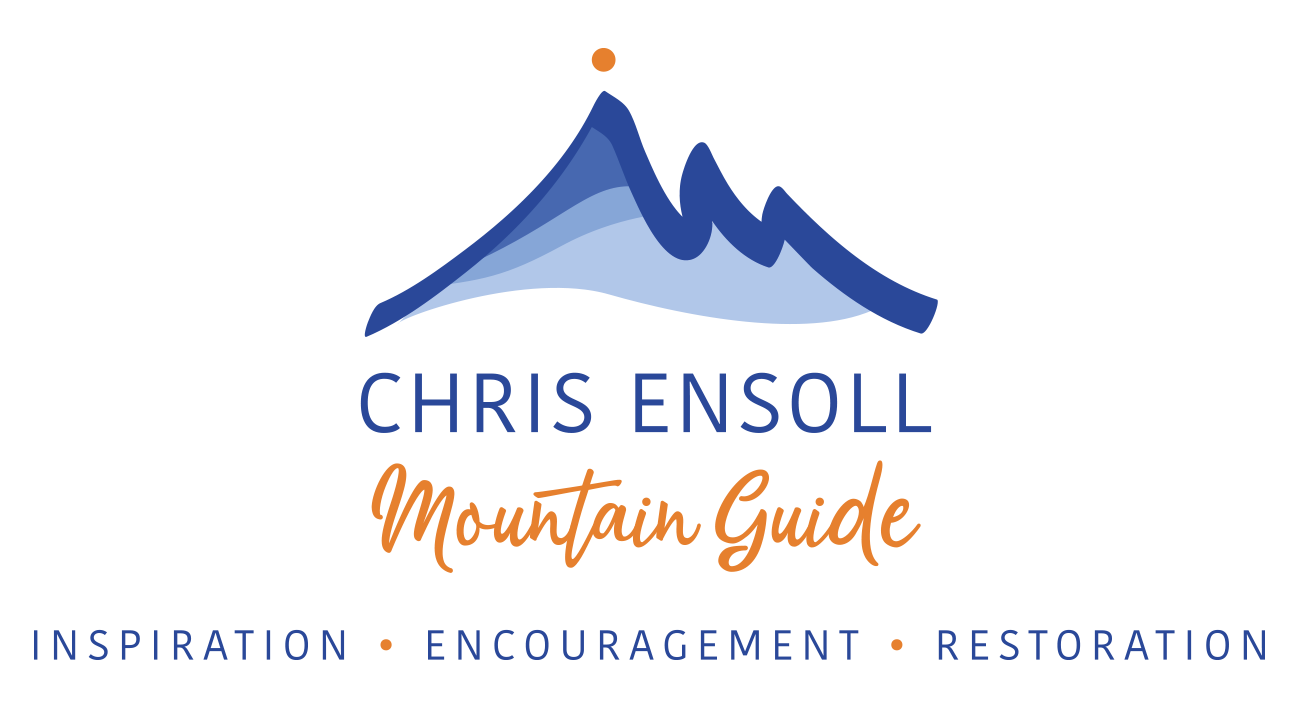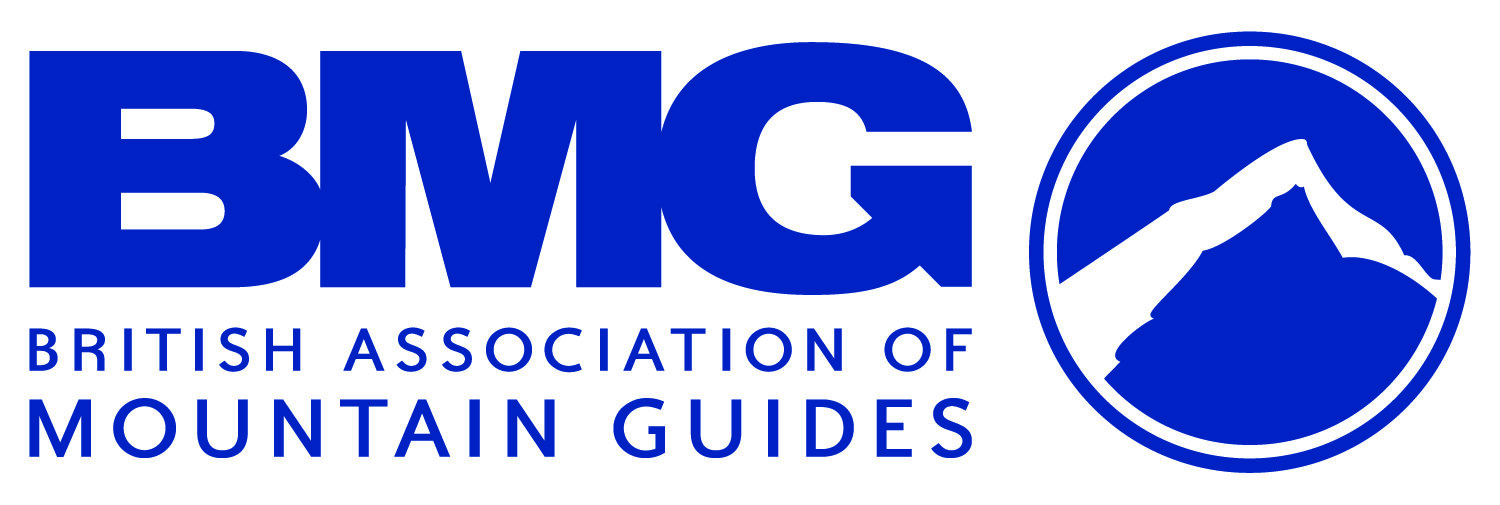Top Tips For Using Your Digital Logbook (DLOG)
/When you register with Mountain Training for a personal skills or qualification course, you will have access to your digital logbook, or DLOG. Amongst our candidates we see the whole range of attitudes towards the DLOG, from ‘I find it easy and straightforward to use and I’ve logged all my experience’, to ‘I find it really confusing, and most of the info I’ve inputted has disappeared’. For those of you who struggle with your DLOG, here are some tips to help you to get on better with it.
Read More







